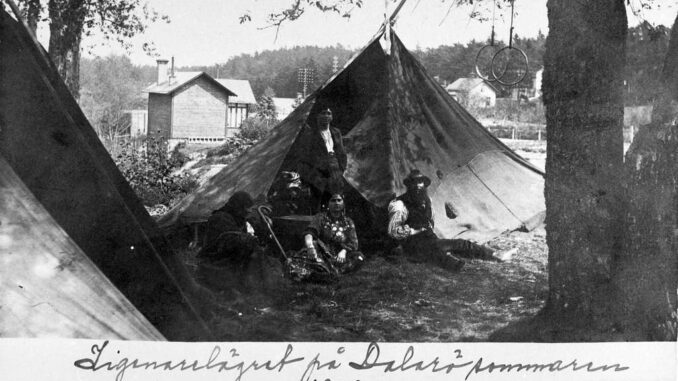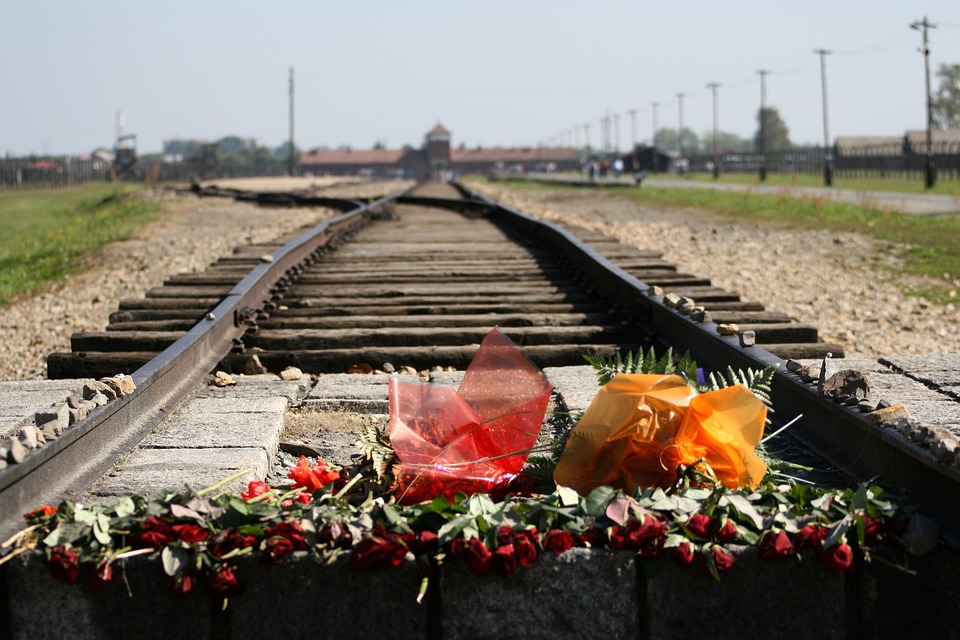
There are several reasons that the Romani People have been, and many still are, a mobile People; being itinerant though not actually nomadic, for being nomadic, to all intents and purposes, means moving with livestock (according to old dictionaries).
One of the reasons is the trades, which lead us to an itinerant life, aside from being pushed from pillar to post because no one wanted us to settle anywhere, not even on the outskirts of their settlements, all too often. In order to make sales of products or sell our services it was necessary to travel to the people – hence the need for being mobile.
The other reason, the main one, more than likely, is the one that that we did not want to live among the Gadje. Then again, the Gadje did not want us near them in most cases anyway. But our services they generally wanted as they could not get what we provided from anyone else. Strange kind of people they are, the Gadje.
However, the kind of trades that, in the main, all of us once followed could be described as “service nomadism”, regardless whether it was the sharpening of cutting tools, circus and other such entertainments, or the trade with carved wooden spoons and other treen ware, baskets, and even copper ware. Some may have had a base somewhere somehow where they lived most of the time, well at the outskirts, at least in many places, of the Gadje settlements, or even well away from them, from where they traveled, not necessarily the whole family, though often that was the case with only probably the very old and the very young being left at “base”, their trade routes to markets and to sell door-to-door.
But it was not just services Rom provided. Some were (seasonal) farm workers, others actually settled forestry workers or even had (small) shops in the villages and towns where they pursued their trades, from blacksmiths, over coppersmiths, restoring and dealing in antiques, carpenters and cabinetmakers, and many other trades. Some of ours were even farmers, with their own farms. The picture is not and was not always the one that the lorists would like the world to believe. Many of us never truly were itinerant all the time.
In Eastern Europe, as well as in Poland, and also in Western Europe in many places, many Rom were settled, in small settlements or as individual large families on small farms and similar, where they farmed but also made products for sale during certain parts of the year going from place to place and house to house or on many different markets. Others were settled actually in villages where they plied certain trades, including and especially that of the knife grinder, but also others, such as harness makers and other leather workers, wheelwrights and coach builders, etc. The spoon carvers, the ladder makers, the trug makers, and others, also, generally were settled and only traveled in order to sell their wares or to obtain raw materials.
Michael Smith
redaktionen@dikko.nu
Att vara en oberoende tidning kostar pengar så vill du hjälpa oss med att betala vårt fika får du gärna swisha en slant till 123 242 83 40 eller bg: 5534-0046
Vill du annonsera eller sponsra, synas eller höras i våra media?
Kontakta oss på redaktionen@dikko.nu
eller ring 0768 44 51 61
IBAN: SE19 9500 0099 6042 1813 4395
BIC: NDEASESS




